To my dog, “I’m Sorry”
There is something special about hearing an agility handler tell their dog, “I’m sorry”. You might wonder why something seemingly so trivial really matters and it’s because I think we too often place all the blame on our dog. While I see these apologies happen pretty frequently in the agility ring, in comparison, I can only think of a few occasions where handlers expressed the same attitude in an “obedience” class. Even if their timing sucks, their cues are poorly executed, they give conflicting feedback, they have unreasonable expectations, or any other myriad of reasons - blame may still get placed on the dog. But of course we blame the dog, after all, isn’t it their fault? They did the thing wrong or they didn’t do the thing we told them to do, they weren’t “obedient”. But is it really all their fault?
In agility I often see handlers admit their mistakes, recognizing when the fault was their own and not the dogs. They apologize freely and it is genuine and heart warming. Why do they do this? I think it’s because agility training may give you something that obedience training lacks - a better awareness of your role in your dog’s successes or failures. It’s not about obedience, it’s about teamwork!
Agility is a team sport, but we could probably debate over how much of a role each teammate plays. I often tell people that the handler has the harder job. They need to memorize the course, come up with the handling plan, be flexible in that plan while running the course, connect with and direct their dog, all while making sure they don’t run into any inanimate objects or worse, their dog. It seems like the ultimate multitasking challenge. In comparison our dog’s job may seem easy, simply following our lead; The reality is that we are asking our dog to navigate an obstacle course of varying difficulty with only our instructions for guidance, making split second decisions based on not only our verbal communication, but more importantly our physical movements. Imagine running full speed while someone yells a bunch of words at you, which sometimes aren’t even the right words, expecting you to execute a variety of physically demanding tasks without making mistakes, that sounds hard!
The truth is that regardless of the difficulty of our roles, we need each other to succeed and we each play an important role in that success. A necessary component of that success is trust. We must trust our dogs and trust in the training we have done, but more importantly, our dogs must trust us. From the moment we step into the ring we are leading the expedition and the odds are pretty good that we will make mistakes. We will step on our dog’s line, we will get lost on the course, we will point our feet in the wrong direction, we will most definitely yell out the wrong cues, possibly even at the wrong times. What do we owe our dogs in those moments? “I’m sorry” and maybe even, here’s a treat, thanking them for their patience with our screw ups as we fumble and attempt to learn from our mistakes. What do our dogs give us in return? Forgiveness and another chance to try again so we can improve. Time and time again they let us take the lead, trusting that we are going to try and do our best to lead them each time we step into the ring.
Agility humbles us and it helps us recognize the direct impact our errors have on our dog. If only we had more of that awareness in our daily interactions and could acknowledge the role we play, mistakes included, in all of our dog’s successes and failures. I think we may realize that we owe our dogs a few more apologies, in training and in daily life.
I’m sorry I didn’t meet your needs but still expected you to meet mine.
I’m sorry I had unreasonable expectations.
I’m sorry I prioritized my needs above yours and then got mad when it didn’t work out my way.
I’m sorry I set you up to fail and then blamed you when you inevitably did.
I’m sorry ____________________________________________.
I hope you can forgive me and trust me to try and do better next time.

